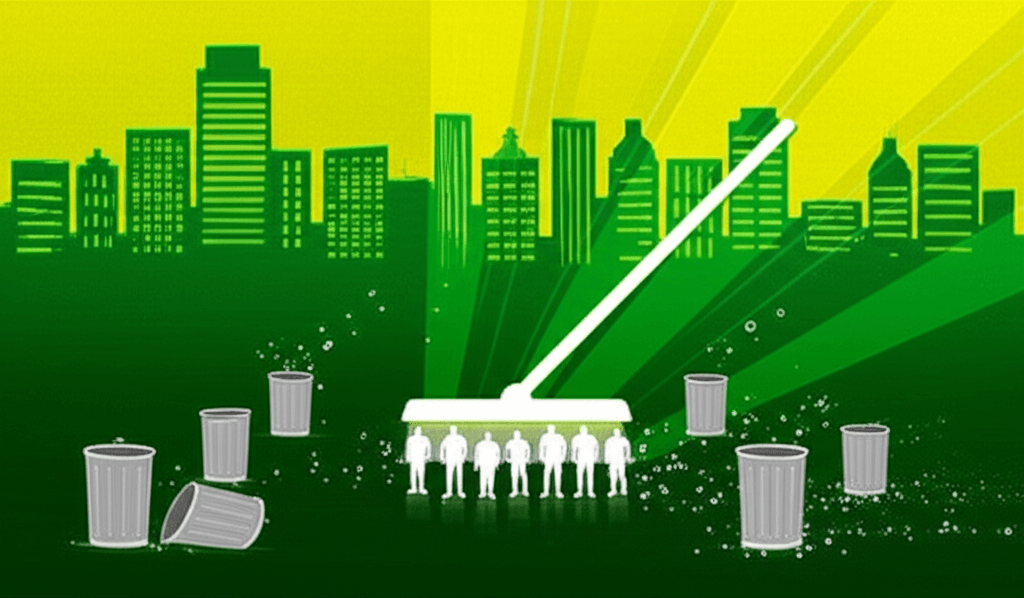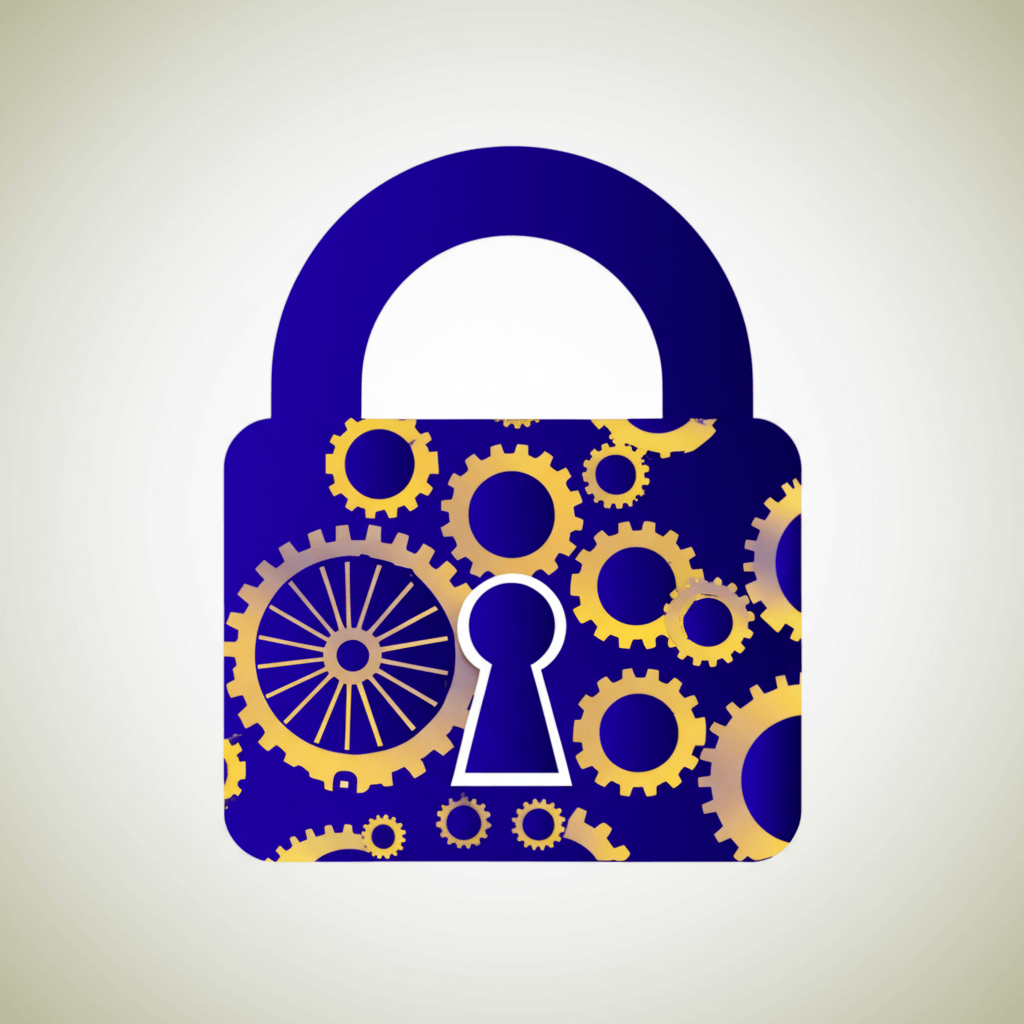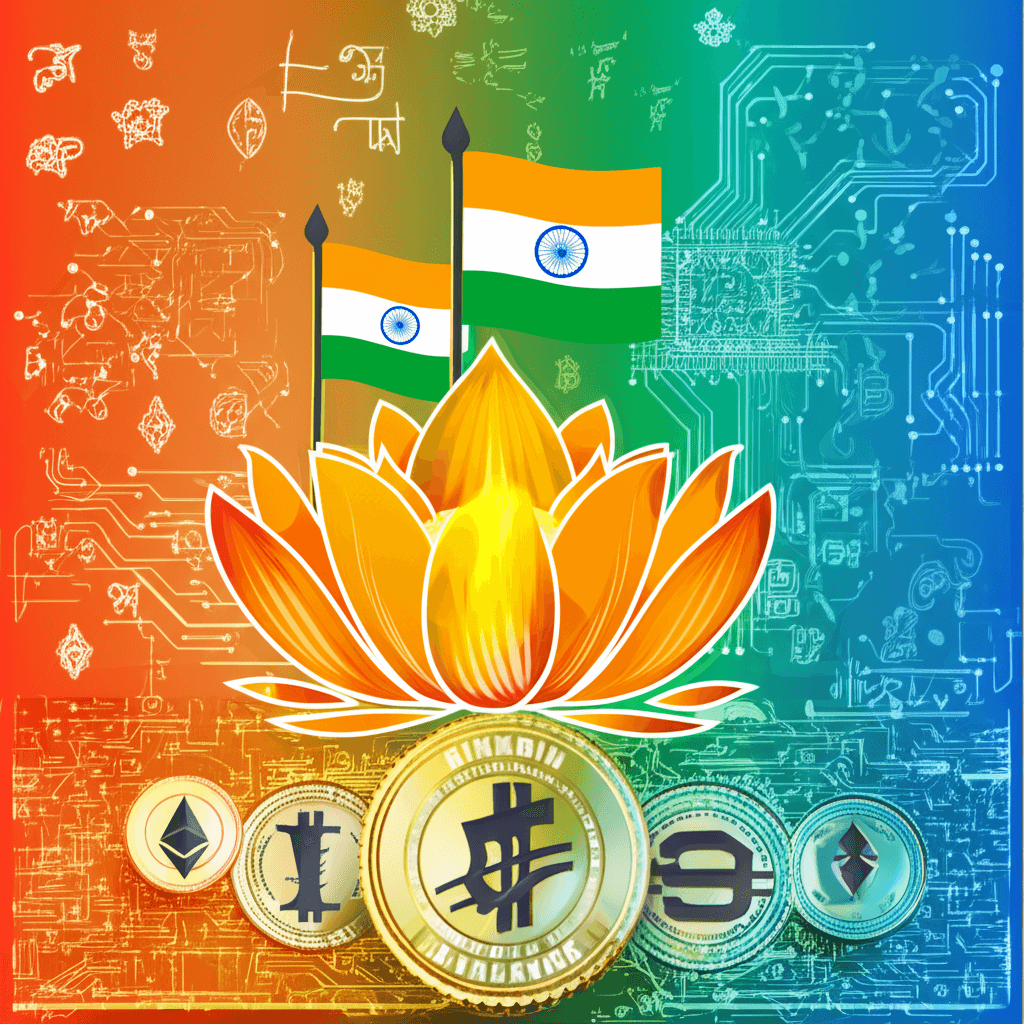How One Complaint Changed the Way Gurugram Tackles Garbage
In a city notorious for its persistent garbage woes, a recent incident in Gurugram has captured widespread attention — and for a refreshing reason. A local resident, frustrated by a week-long accumulation of garbage and discarded furniture littering their neighborhood in Sector 24, decided to try the Swachhata App, a digital initiative by the Indian Ministry of Housing and Urban Affairs (MoHUA) designed to crowdsource cleanliness complaints from citizens. The response? Garbage cleared within hours, leaving the resident stunned and the online community buzzing.
> “For the last one week, the garbage and waste furniture were lying in the same place with no hope for cleaning… with zero hopes, I posted three complaints today morning,” the resident recounted on Reddit, amazed that by evening two spots were already clean and a tractor troller along with workers was addressing the main dump site.
This incident is emblematic of a possibly turning tide in civic engagement and municipal responsiveness in Gurugram — a city that for years has struggled with inefficient waste management and chronic public dissatisfaction.
Understanding the Swachhata App: What Is It and How Does It Work?
The Swachhata App is a citizen-friendly mobile and web platform launched under the Swachh Bharat Mission, enabling city residents to report cleanliness issues directly to their local urban bodies. Complaints can range from garbage dumps and overflowing bins to water logging and damaged streetlights. According to protocol, many urban bodies commit to resolving these complaints within 12 to 48 hours.
– User-friendly interface: Citizens can snap photos, tag locations, and submit complaints instantly. – Real-time updates: Users receive notifications on complaint status, fostering transparency. – Multi-city coverage: Most urban municipalities across India have integrated this tool.
In Gurugram’s case, multiple complaints from the resident led to an unusually prompt response—the exact littered spots were cleaned within hours, raising questions about whether recent media scrutiny had placed additional pressure on civic authorities.
Why Was the Response So Fast This Time?
Multiple factors may have contributed to this swift action:
1. Public Pressure: Media coverage highlighting Gurugram’s poor garbage management appears to have galvanized the authorities to act decisively. 2. Digital Accountability: The Swachhata App’s transparent complaint tracking creates higher accountability for municipal workers. 3. Local Governance Response: The key urban bodies in Gurugram may be improving processes or pilot-testing quicker resolutions. 4. Citizen Vigilance: Active citizen participation can push authorities to prioritize complaints more seriously.
What Does This Mean For Gurugram Residents?
The rapid cleanup was a moment of hope amid repeated civic frustrations. Experts and urban planners suggest such responsiveness, when sustained, can:
– Boost citizen trust in local governance. – Encourage *more* residents to use digital tools for civic engagement. – Potentially reduce illegal dumping and improve overall city hygiene. – Spur authorities to upgrade waste management infrastructure progressively.
However, challenges remain. Ensuring consistent and city-wide rapid responses requires better manpower, monitoring systems, and infrastructure investments.
Broader Implications: Is Digital Civic Engagement the Future?
Gurugram’s experience is a microcosm of a transforming India, where technology increasingly empowers citizens to influence municipal governance.
– Digital Platforms Democratize Feedback: The Swachhata App lowers barriers to participation. – Data-Driven Urban Management: Complaints and resolutions generate data to improve efficiency. – Emerging Accountability Culture: Public officials face real-time scrutiny from constituents.
Still, experts caution that technology is only part of the solution; systemic changes and sustained political will are crucial for long-term progress.
Tips for Using the Swachhata App Effectively
For residents inspired by the Gurugram success story and keen to improve their own localities, here’s how to maximize impact:
1. Detail Your Complaint: Upload clear photos, provide exact locations. 2. Report Multiple Issues: Use the app consistently, highlighting all problem spots. 3. Follow Up: Track complaint status and escalate if necessary. 4. Spread Awareness: Encourage neighbors and community groups to adopt the app. 5. Combine Digital with Offline Efforts: Attend civic meetings, volunteer for local cleanliness drives.
What Next? Sustaining Momentum for Cleaner Cities
Gurugram residents and authorities alike must not let this swift response be a one-off. Watching how the city leverages digital platforms combined with policy reforms, infrastructure upgrades, and community engagement will be key to tackling the city’s garbage nightmares comprehensively.
In Summary: A Gurugram resident’s experience with the Swachhata App shines a spotlight on the transformative power of technology-enabled civic participation and responsive governance. This case offers a hopeful glimpse toward cleaner, more accountable urban India, proving that even small citizen actions can prompt big changes.
Interested readers can learn more or download the Swachhata App from the official Swachh Bharat Mission website and contribute towards making their cities cleaner and healthier.
Join the conversation — have you used digital platforms to report civic issues? Share your experience below.







